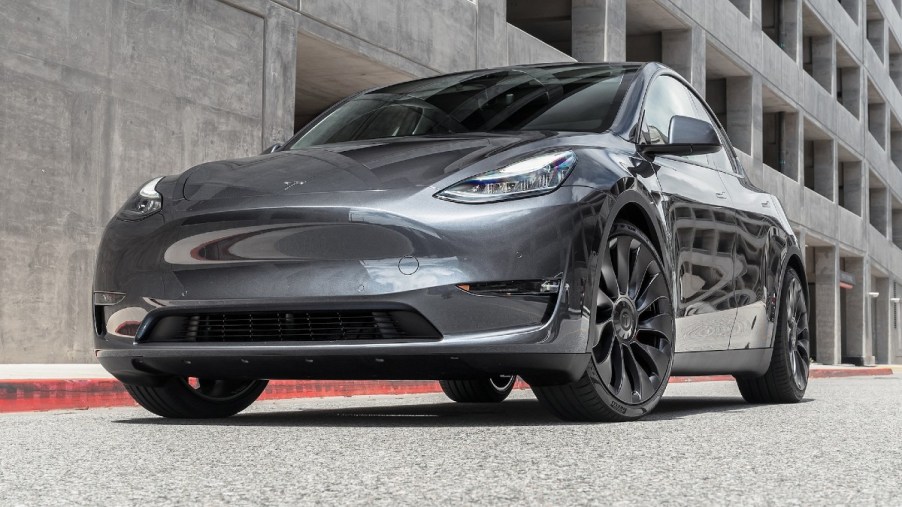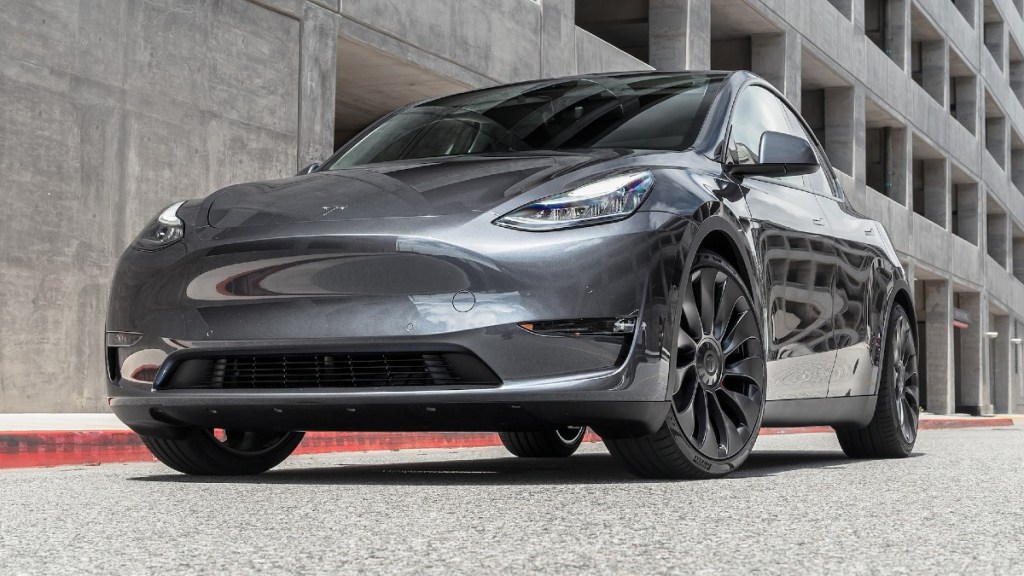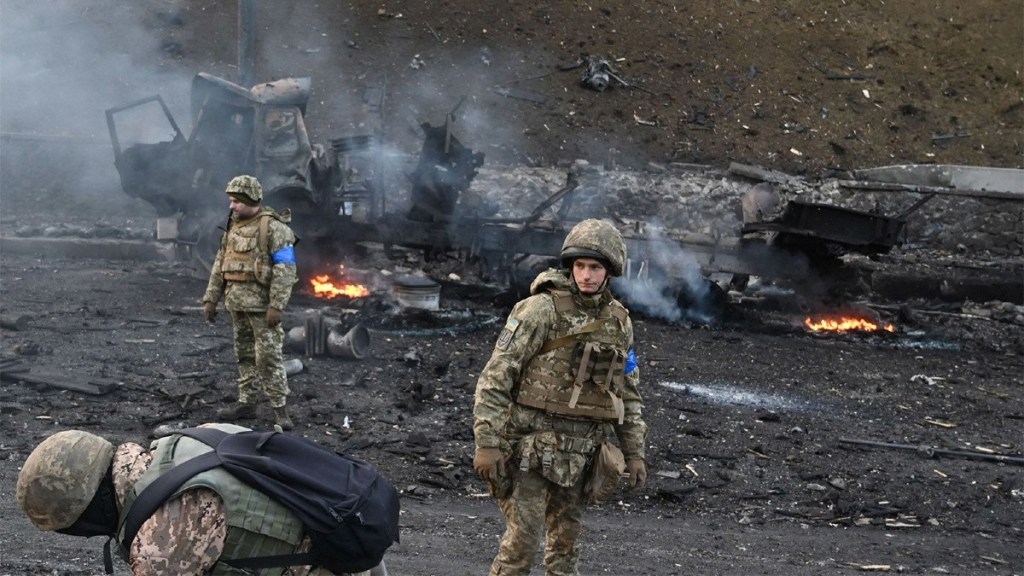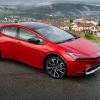
Will the Russian Invasion Cause the Price of the Tesla Model Y and Other EVs to Increase?
The Tesla Model Y is the most popular electric crossover SUV in the United States, and the Russian invasion of Ukraine could cause significant price increases. You might not associate an invasion this far from home as impacting things happening in our country, but Russia is the third-largest supplier of nickel in the world. This metal is necessary to build the batteries needed for electric vehicles. A shortened supply of this metal could have a costly impact on consumers around the world.
How much could the price increase of the Tesla Model Y?
According to Automotive News, the situation between Russia and Ukraine is enough to potentially increase the price of the Model Y by $8,000 per vehicle. This is a direct result of the price of nickel jumping from around $30,000 to $100,000 per ton on March 8. Thankfully, when that price increase happened, a weeklong suspension of nickel trading on the London Metal Exchange helped keep things in order. Since that time, the prices of this metal have dropped but still aren’t back to normal levels.
The impact has global implications

Even though we highlight the Tesla Model Y as a vehicle impacted by a shortage of nickel, all electric vehicles might see increased prices from this challenging situation. Mercedes-Benz reported the raw materials needed to make the batteries for the EQS luxury sedan increased. This increase is nearly $11,000 per vehicle this year compared to the 2021 prices. These increased prices might cause the tax credits many consumers receive for buying EVs to all but disappear into the cost of these materials.
Many companies are pulling out of Russia
As expected, several companies are either cutting ties entirely or not signing new contracts with Russia or companies based there. Norilsk Nickel, the world’s largest producer of high-grade nickel, is based in Russia. BASF, the German chemical company, is not signing a new agreement with Norilsk because of the invasion into Ukraine. Many other manufacturers are following this action and leaving Russia.
Fear is another factor in the exit from Russia

Some companies fear Russia might take over their property and assets in the country. This would lead to much greater losses than if they simply pull out right now. Currently, Mercedes-Benz has about $2.2 billion in assets in Russia that are at risk if the government chooses to take over the property. Other companies, including Stellantis, Volkswagen, Michelin, Audi, and BMW, are either leaving the area or feeling the impact of the invasion of Ukraine.
Isn’t there an alternative to nickel for the EV batteries?
Its true cobalt can be a substitute for nickel, but there’s another problem with this metal. Cobalt has links to human rights abuses in Congo. This country is the source of much of the global supply of this metal. This leaves automakers in an undesirable situation. Either they pay the higher prices for nickel or become linked to the abuses associated with Congo.
What does this mean for the future of the Tesla Model Y and other EVs?
If the elevated prices of nickel continue into next year, we will see delays in the movement away from internal combustion engines. The United States isn’t the only country in the world with an aggressive goal of selling more EVs. The movement away from gas and diesel-powered vehicles could move back if Russia doesn’t pull out of Ukraine soon.



